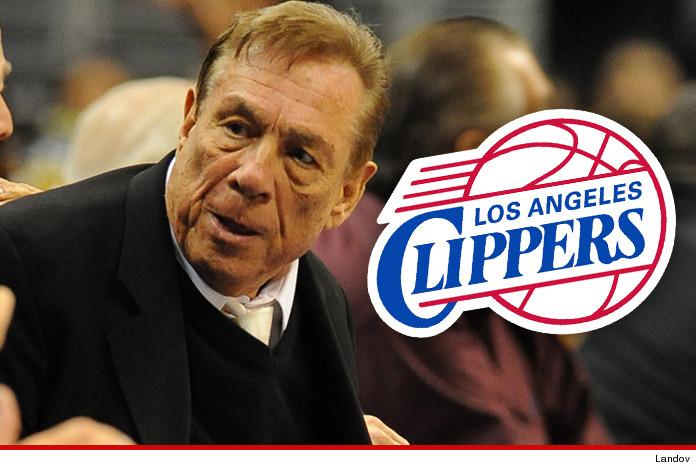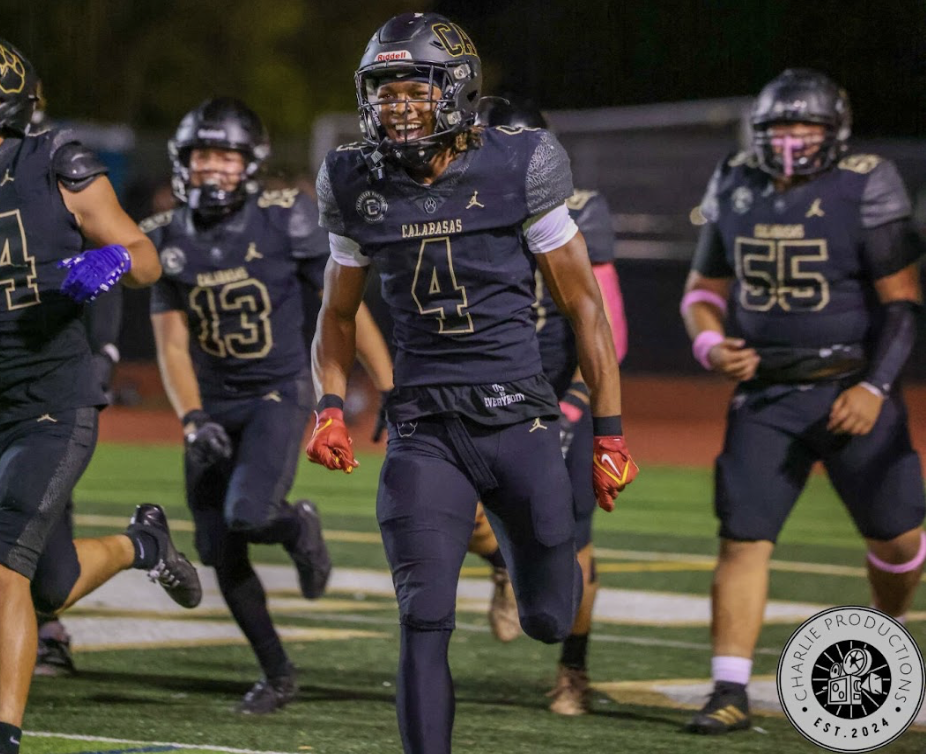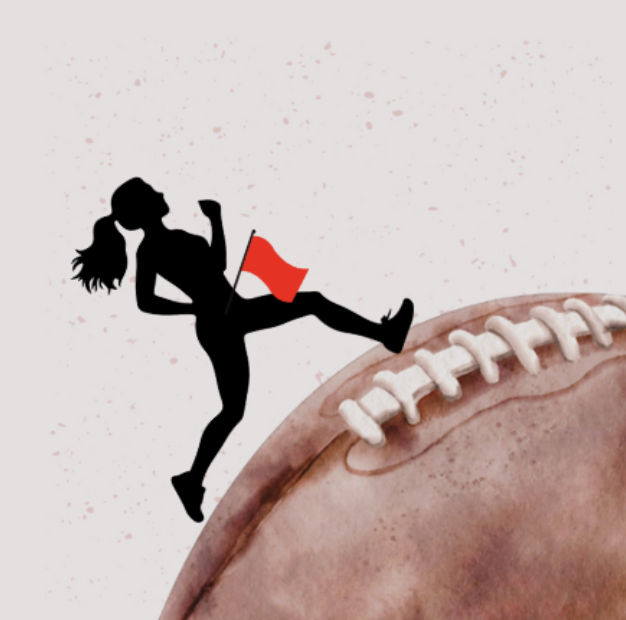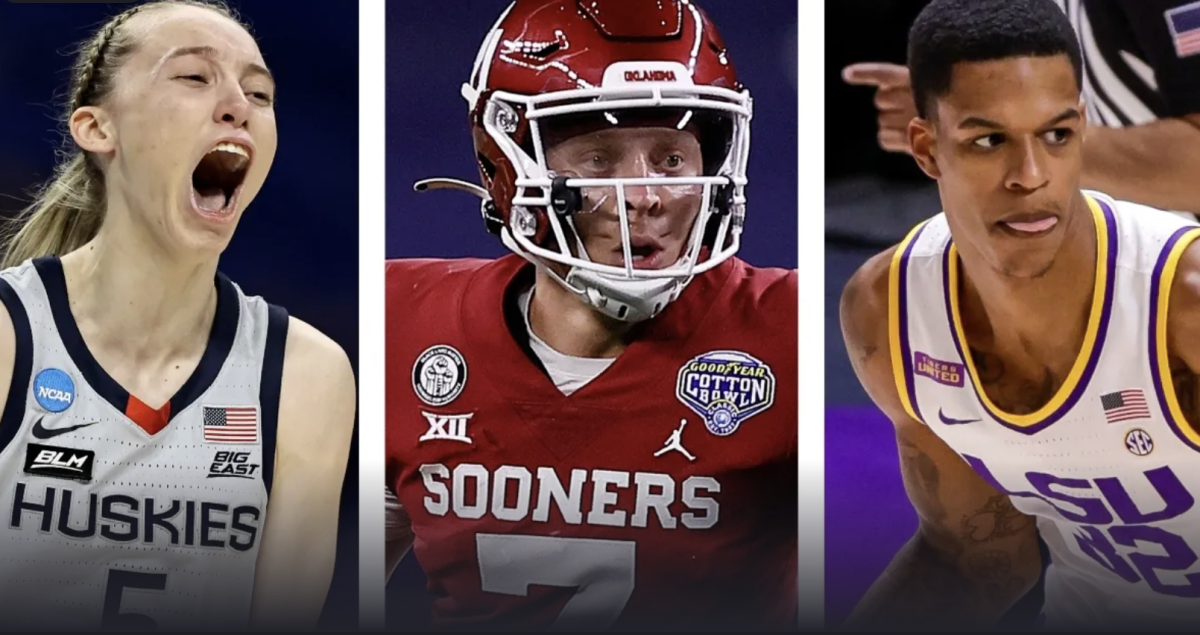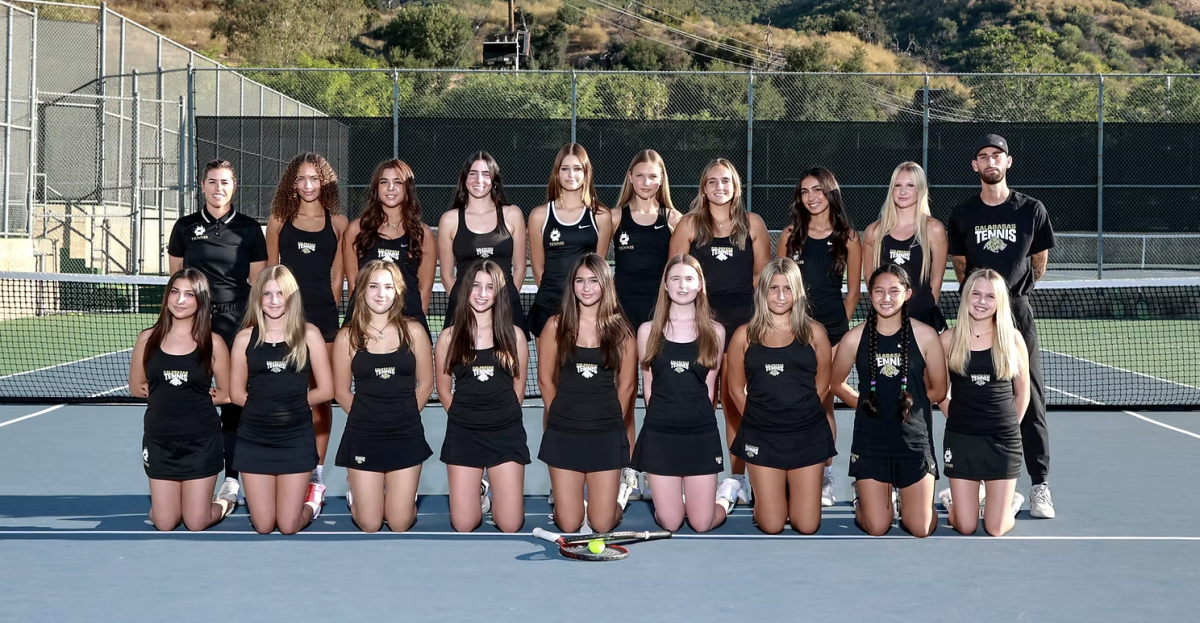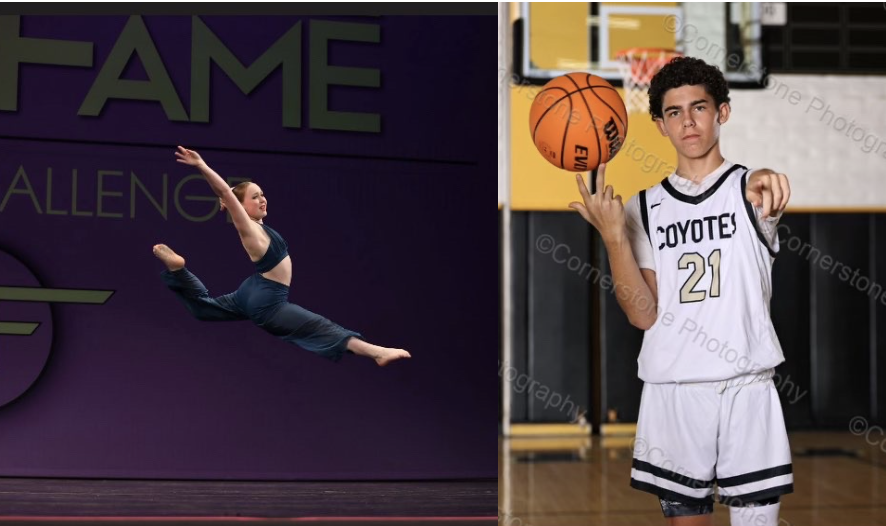“He shouldn’t own a team any more,” said Magic Johnson to ABC. “I had a friendship with him. So for him to then make these comments, or alleged comments, about myself as well as other African-Americans and minorities, there’s no place in our society for it.”
As the athletic world breaks through social barriers – notably the sexuality barrier through Michael Sam’s draft to the Rams in the National Football League, one sports figure in particular seems to remain in an early twentieth century mind-set in regard to social progress. This man is a business mogul and Clippers owner Donald Sterling, who is currently being forced out of the National Basketball Association by commissioner Adam Silver with a ban for life and a $2.5 million fine as a result of undeniably racist comments made by Sterling about NBA Hall-of-Famer Earvin “Magic” Johnson. While Sterling believes that he has a strong case in court to continue his tenure as owner, a closer look at the case shows that he truly has no leg to stand on.
On April 25, Sterling’s mistress V. Stiviano released a recording of an earlier conversation with Sterling in which he expresses that he is bothered “a lot that [she would] want to broadcast [herself] associating with black people,” referring specifically to a picture she had posted of herself with Johnson on Instagram earlier that day. Not only did this lead to the ban and fine from the NBA, but Sterling’s words almost led the Clippers to refuse to playing in Game four of the second round of playoffs. Though the game went on as scheduled, Clippers players wore their warm up shirts inside out to show their disgrace in being associated with Sterling.
“There’s no room for Donald Sterling in our league,” said Heat player and NBA All-Star Lebron James in a press conference. “I’ve kind of wavered back and fourth if I would sit out. If our owner came out and said the things he said, I would really have to sit down with my teammates, talk to my friends, at the end of the day, our family and our teammates are way more important than that. If the reports are true, it’s unacceptable. It’s unacceptable in our league. We’re the model citizen of all sports around the world. We’re the most recognizable. For an owner to come out and say the things he said, it’s very disrespectful.”
This was not the first instance for which Sterling has been accused of discrimination based on race. In 2003 and 2006 he faced charges based on his refusal to rent apartments to black and Hispanic tenants and in 2009, former NBA superstar and longtime Clipper executive Elgin Baylor sued him because of Sterling’s discrimination against him in the workforce.
In an interview with Anderson Cooper two weeks after this incident, Sterling released his official statements to the public to explain the context of his seemingly racist remarks. While Sterling did apologize for his previously recorded words, when asked what he was specifically sorry about, Sterling explained that his heart went out to his family who had been dealing with the backlash of his racist remark instead of addressing those who were personally hurt by his statements. Sterling additionally claimed that Stiviano had baited him to say such phrases and also referred to Johnson as a sex deviant who should not be looked up to because he has AIDS.
“I just don’t think [Johnson is] a good example for the children of Los Angeles,” said Donald Sterling to Anderson Cooper. “That he would go and do what he did, and go get AIDS. I mean, come on.”
Because of Sterling’s history of racism, his claim that he had been “baited” is a difficult story to buy. Sterling elaborated on his feelings on Johnson’s character by claiming that he himself has been more of an inspiration and help to the black community than Johnson and that Johnson receives much more credit than he deserves.
Even with evidence stacked against him, Sterling still threatens to sue the NBA and argues that his right to due process of law (a fair trial) has been broken by his ban for life from NBA events and association. However, the NBA’s constitution to which Sterling agreed to when he first became an owner clearly states that owners may not take positions considered “adverse to the NBA” requirement which racist remarks violate. Also, because the NBA is a private institution, Sterling is not guaranteed due process of law, as he believes.


